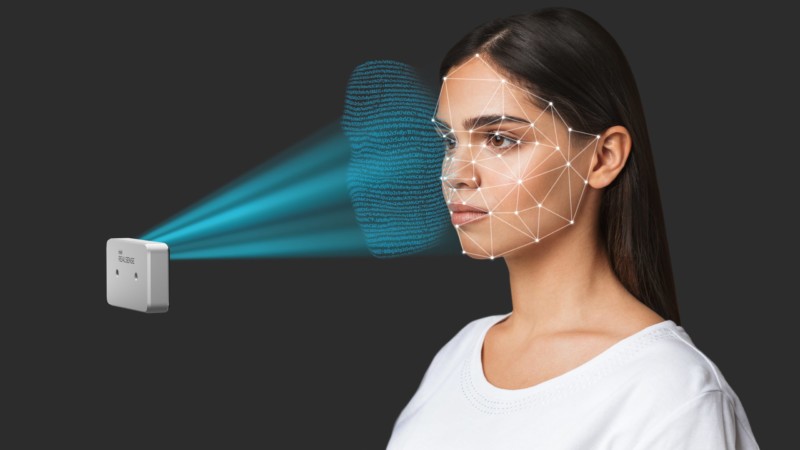Intel is Repositioning its Depth-Sensing Camera into Facial Recognition
![]()
Intel has officially launched RealSense ID, a facial recognition camera module that is built on its RealSense depth-sensing technology. Originally designed for touch-free interactions, Intel looks like it is going all-in on facial ID instead.
The concept of the tech is most easily compared to Apple’s FaceID technology. Intel says that RealSense ID brings a “highly accurate, natural solution that simplifies secure entry.” Just like Apple iPhone users have become familiar with in recent years, the technology only requires a glance to unlock whatever is being protected by RealSense ID.
“Intel RealSense ID combines active depth with a specialized neural network, a dedicated system-on-chip and embedded secure element to encrypt and process user data quickly and safely,” the company says.
RealSense ID has built-in anti-spoofing technology to protect against false entry attempts using photographs, videos or masks, and provides a one-in-1-million false acceptance rate.

Intel’s tech has been popping in and out of computer technology for some time now in somewhat odd and disconnected use cases. From inserting your face into Fallout 4 to unlocking a Windows laptop, RealSense to this point seems to be a good idea that lacked a central vision. Facial recognition technology has come under fire for being biased against race and gender and there are of course privacy concerns. For example, deploying modules that can be attached to a wide range of devices brings up human rights concerns, like how China is accused of using such technology to persecute the Uighur minority.
It doesn’t appear that Intel expects its technology to be used for surveillance and promises that its algorithms are capable of learning over time to adjust to facial hair, heights, and complexions, hopefully alleviating concerns it will struggle with different skin tones. Intel went so far as to tell VentureBeat that it has done extensive data collection of multiple ethnicities from Asia, Europe, the Middle East, and Africa.
“As with all Intel technology, we are working to ensure the ethical application of RealSense and the protection of human rights,” the company writes.
Camera technology is advancing beyond the use of just taking photos and videos, and it can be argued Intel’s RealSense ID is just one more iteration of that technological progress. Facial recognition isn’t a new thing, and many already use it daily thanks to the aforementioned Apple technology. But unlike FaceID, which is only on specific devices for individual use, Intel is selling its RealSense ID as a $99 module that can be purchased in packs of 10 for $750. Clearly designed to be deployed in a host of situations, what people and organizations do with Intel’s technology is far more open-ended than what most are used to. Intel plans to begin shipping out the units in March.
(via The Verge)